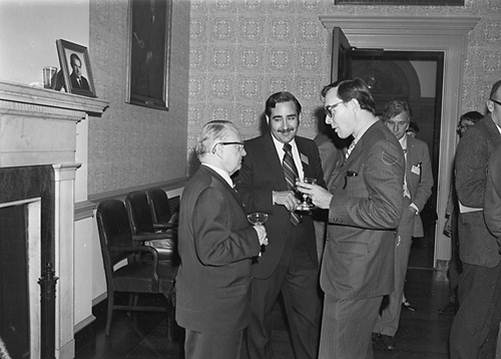 Saturday, May 26, 2012
Saturday, May 26, 2012 is networking not working for you?
 by Carol Grant
by Carol Grant
I’m a communications consultant and also an accredited coach and mentor. One of the most common questions I get asked in my coaching work is: how can I learn to network?
At first it seemed an odd question. How can someone whose job is in PR feel they need to learn about communicating with other people? Why does the very word ‘networking’ strike fear into the heart of otherwise confident professionals?
I think these fears stem from a misconception, which is that networking is all about self promotion. We all inwardly despise those people who corner you at business events, sound off about how amazing they are, look over your shoulder to find someone more interesting and disappear as soon as they realise you can’t give them an instant return on their valuable time.
These people aren’t good networkers, or indeed decent human beings. So strike that image from your mind. Instead, think of networking a process of making connections - developing contacts and exchanging information and support with others, for mutual benefit.
This type of social skill comes naturally to some people, less so to others. It’s something everyone can learn to do well.
Network with a purpose
Are you aiming to build business contacts, get career development or to increase your social circle? These days the boundaries between personal and professional networking are blurring. This can create new connections and opportunities, but some people prefer to keep them separate. It doesn’t matter as long as you’re clear on why you’re doing it.
Give and you shall receive
Good networking is built on give as well as take. A respected networker builds up a stock of goodwill by making connections and staying in touch. Be sincere, authentic and generous with your time, contacts and help. What goes around will come around.
Do unto others…
Treat others as you would like to be treated. Always keep confidences. Never tell lies. Be loyal. Reach out to those having a hard time. Be quick to praise those who are doing well. Do what you promise to do.
Start from where you are
Build outwards from existing contacts, however small this group may seem. Sociologists have estimated that we all know around 300 people on first name terms. So when you meet someone new, you are one step closer to 300 other networks. Online tools like Facebook, Twitter and LinkedIn make this much easier.
Little and often
Start small and keep practising. Set yourself goals for how much networking you will do each week. It could be as simple as calling someone, arranging to have a coffee or aiming to talk to at least one new person at a conference.
Learn to make small talk
Being able to initiate and sustain conversations with strangers is essential for good networking. If you’re not comfortable with this, practise in simple situations, for example in a queue for coffee. Choose someone who looks approachable. Find a hook. Ask an open question. Listen, and keep the focus on them, not you. If the person isn’t friendly, don’t take it personally. Maybe they’re having a bad day. Don’t worry, just move on and keep practising.
Settle in for the long haul
It all takes time – to practise the skills that will make you a great networker, to develop and nurture your network, to get something back from a relationship where you may have initially been the giver. Stick with it, and good networking will pay dividends far in excess of the time you put in.
Carol Grant is a director of Grant Riches Communications
If you are interested in talking to Carol about coaching, mentoring or wider communications consultancy she's available at:















Reader Comments